- Return to sender - 20th February 2026
- Legal eagle - 19th February 2026
- Round Robin - 19th February 2026

Until now, Labour (L) have been governing in Wales on their own, but without a majority, and here our political writer The Rebel, looks at how leading lights from the party in Wales, and those in the opposition nationalist group Plaid Cymru (PC) meet today to ratify a deal which could mean the end of that. It will keep Welsh Labour in power, and there will be proposals to tackle the thorny issue of second homes in Wales.
The Rebel is a leading political figure close to senior politicians in London as well as Cardiff Bay, and will always give readers the inside track on what is being discussed in the corridors of power.

People are not told the truth about major policies.
This is seen in spades with the current endless ‘talks’ between the governing party in Wales of Labour (L), and their nationalist opponents Plaid Cymru (PC), which could, today, finally come to fruition, with an ‘agreement’ to keep L in power.
BBC Cymru Wales (BBC CW) told us that there was a “very wide-ranging” draft which included plans to change council tax and reforms to social care.
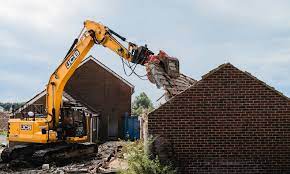
The main point, though, is likely to be a measure to tackle the ‘problem’ of second homes.
However this is a completely artificial row.
The reality is that the ‘problem’ of second homes is INCREDIBLY complicated, and policy-makers know that, so they haven’t touched it with a barge pole – even though there has been devolved government in Wales for 22 years, and sometimes the nationalist party PC have been in a position to do something about it. They were in coalition with L from 2007 and 2011.
Nothing has happened in all that time.

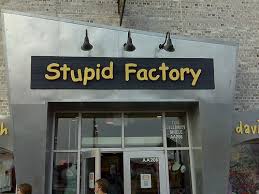
Nothing intelligent or meaningful is likely to happen this time either, because although outwardly PC want to put an end to second homes, they know it will wreck the Welsh economy, upon which those most exercised about the holiday homes depend.
They are, however, too hungry for power (of any sort) to stick to their principles.
For them (and for many in L) second homes are a BAD thing, because they undermine the concept of a LOCAL community, where people who are born there (who probably speak Welsh) are priced out of the market because house prices soar when they are sought after by rich incomers, but those who have bought the homes may only be there part of the year on holiday.

On the other hand those same incomers bring money into that area (whatever nonsense you may hear about people coming with their own food!), spend it in local businesses (especially shops and restaurants) – so creating jobs that the locals need.
The politicians know this, so in 22 years of devolution, with control over planning laws, they have done NOTHING about it!
They have looked across the water, to what has happened in parts of England.
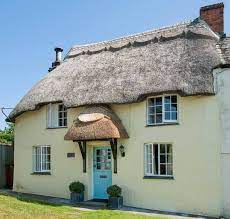
In Cornwall for example, they have tried to do something significant about second homes.
Statistics reveal that although Cornwall has just one percent of England’s population, it has 17 per cent of the UK’s second homes.
Politicians there have reacted to this, by banning the creation of new houses to be sold as holiday homes in some areas, such as Fowey.
The pandemic has made things even worse, with house prices rising by the fastest rate in a decade, as wealthy people in cities hunt for countryside retreats across the UK.
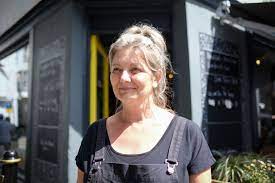
So the price of country homes has increased by an average of £111,000 (5.5 per cent), yet a similar flat or house in central London went DOWN in value by an average of £8,000 (0.4 per cent) last year.
Tania Daniel said: “We were lucky when we bought our house – we’re probably one of the last local families living in Fowey now”.
Rebecca Hemingway, from Fowey Folk Museum, declared: ‘There’s nobody with a view of the sea that’s local”.
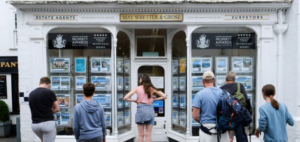
The policy in Cornwall has, though, been confronted by huge hostility from some outsiders, and hasn’t, actually, been terribly successful, with the local economy benefiting massively from it being a holiday area.
All the restaurants are busy, and there are queues to get into Brown Sugar Cafe, whose owner is… Ms Daniel!
The number of second homes has in fact INCREASED, not decreased, with the policy seen as unfair and discriminatory.

One woman wrote online: “I have worked hard for my second home”.
Our Editor Phil Parry’s memories of his extraordinary 38-year award-winning career in journalism (including Welsh political stories) as he was gripped by the incurable disabling condition Hereditary Spastic Paraplegia (HSP), have been released in a major book ‘A GOOD STORY’. Order the book now!

Regrettably publication of another book, however, was refused, because it was to have included names.









